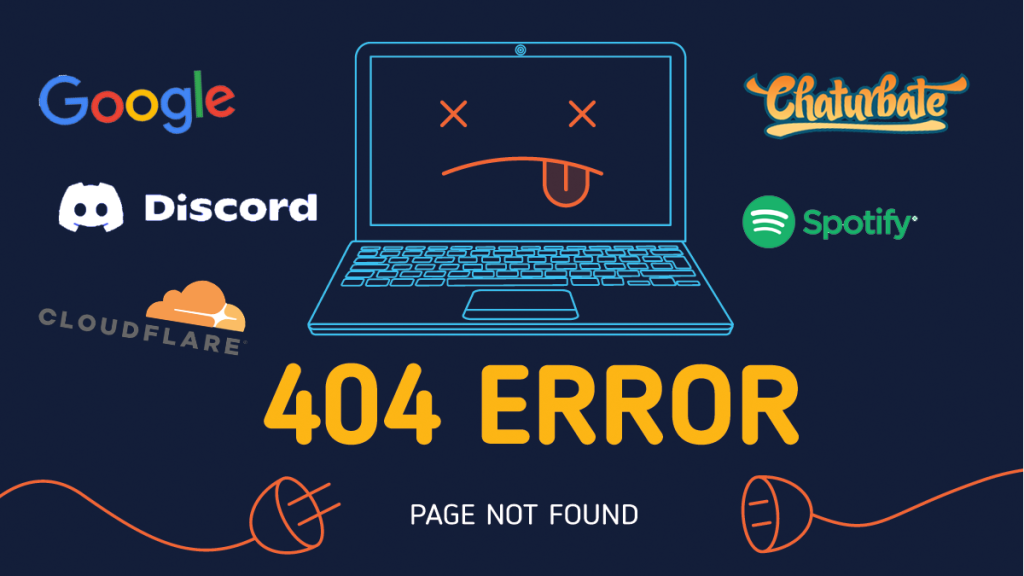Latest News
Meta’s Legal Battle Over Youth Privacy Rages On
Finance & Business
BCAMS Magazine, the 31st issue
The independent livecam industry resource for news and tips & tricks for cam models and camsites.
Latest News
Cloudflare: Google Cloud Outage Disrupts Spotify, Discord, and Chaturbate for Thousands
Latest News
Pornhub Exits France Over New Age Verification Law
-

 Cam Models4 years ago
Cam Models4 years agoEmilyJonesChat
-

 Finance & Business1 week ago
Finance & Business1 week agoBCAMS Magazine, the 31st issue
-

 Finance & Business2 months ago
Finance & Business2 months agoBCAMS Magazine, the 30th issue
-

 Finance & Business3 months ago
Finance & Business3 months agoBCAMS Magazine, the 29th issue
-

 Finance & Business5 months ago
Finance & Business5 months agoBCAMS Magazine, the 27th issue
-

 Finance & Business4 months ago
Finance & Business4 months agoBCAMS Magazine, the 28th issue







Warning: Undefined variable $user_ID in /home/bcamsmagazine/public_html/wp-content/themes/zox-news/comments.php on line 49
You must be logged in to post a comment Login